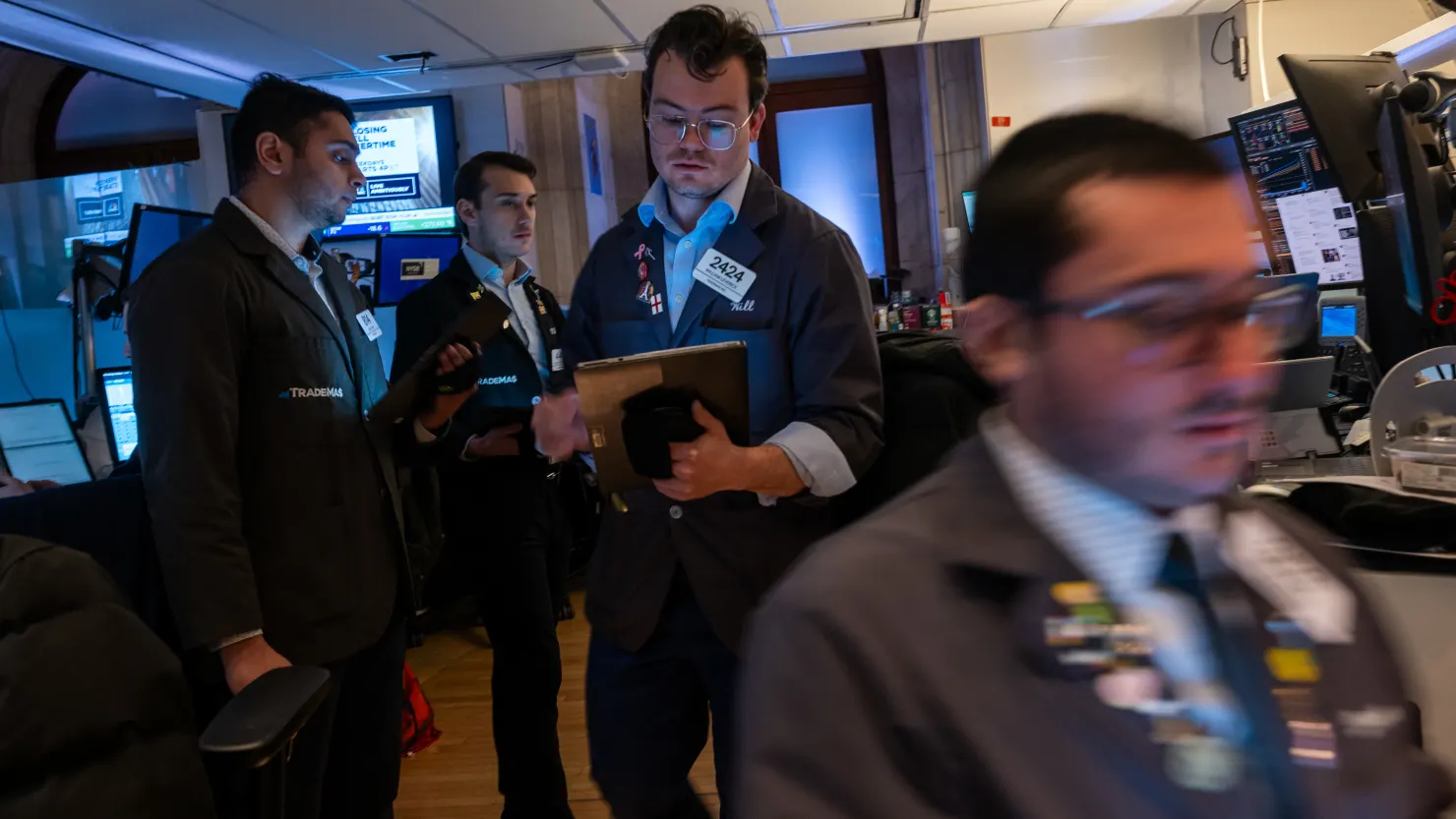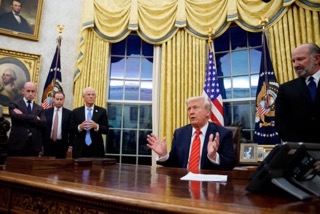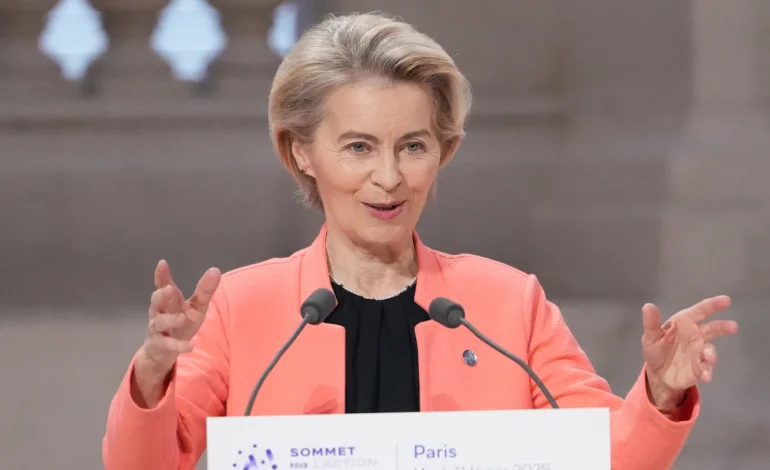The European Union is making a significant push to solidify its position in the global race for artificial intelligence (AI) leadership.
European Commission President Ursula von der Leyen announced that the bloc would mobilize a total of €200 billion ($206.5 billion) for AI investments, emphasizing that the competition for AI dominance is “far from over.”
Speaking at the AI Action Summit in Paris, Von der Leyen unveiled the EU’s plan to top up previously announced funding of €150 billion from investors and industry with an additional €50 billion. This initiative, part of the “InvestAI” program, aims to create the world’s largest public-private partnership for the development of trustworthy AI.
The investment will focus on industrial and mission-critical applications and the establishment of AI “gigafactories” equipped with advanced computing technology to train complex AI models.
“We want Europe to be one of the leading AI continents,” Von der Leyen said. “The frontier is constantly moving, leadership is still up for grabs, and bringing AI to industry-specific applications is where Europe can truly lead.”
Von der Leyen outlined a distinct European strategy for AI development that emphasizes science and technology, industrial manufacturing data, and cross-border collaboration. The initiative also seeks to democratize access to AI by providing companies, including startups, with the necessary computing resources through supercomputers.
The Commission envisions replicating the collaborative success of CERN, the world’s largest particle physics laboratory, to foster innovation and cooperation across the continent.
The EU’s move comes in response to growing AI investments by the US and China. Washington recently announced the “Stargate” project, a $500 billion venture involving tech giants like OpenAI, SoftBank, and Microsoft, aiming to build AI data centers.
China, meanwhile, continues to advance its AI capabilities, with companies such as DeepSeek developing models that rival US technologies despite using less advanced hardware.
French President Emmanuel Macron also highlighted his country’s AI ambitions at the summit, announcing €109 billion ($113 billion) in private AI investments over the coming years. He called for adopting a “Notre Dame de Paris strategy,” emphasizing streamlined processes and accountability.
Co-hosting the event with India, Macron emphasized France’s advantages, including its status as Europe’s largest producer of nuclear energy, which provides the substantial power required for AI operations.
Despite the optimism surrounding AI development, critics have raised concerns about its environmental impact and the potential spread of disinformation through manipulated media, such as deepfakes. The summit also saw US Vice President JD Vance warn against authoritarian regimes using AI to undermine national security.
CNBC, the Wall Street Journal, Politico, and Deutsche Welle contributed to this report.








